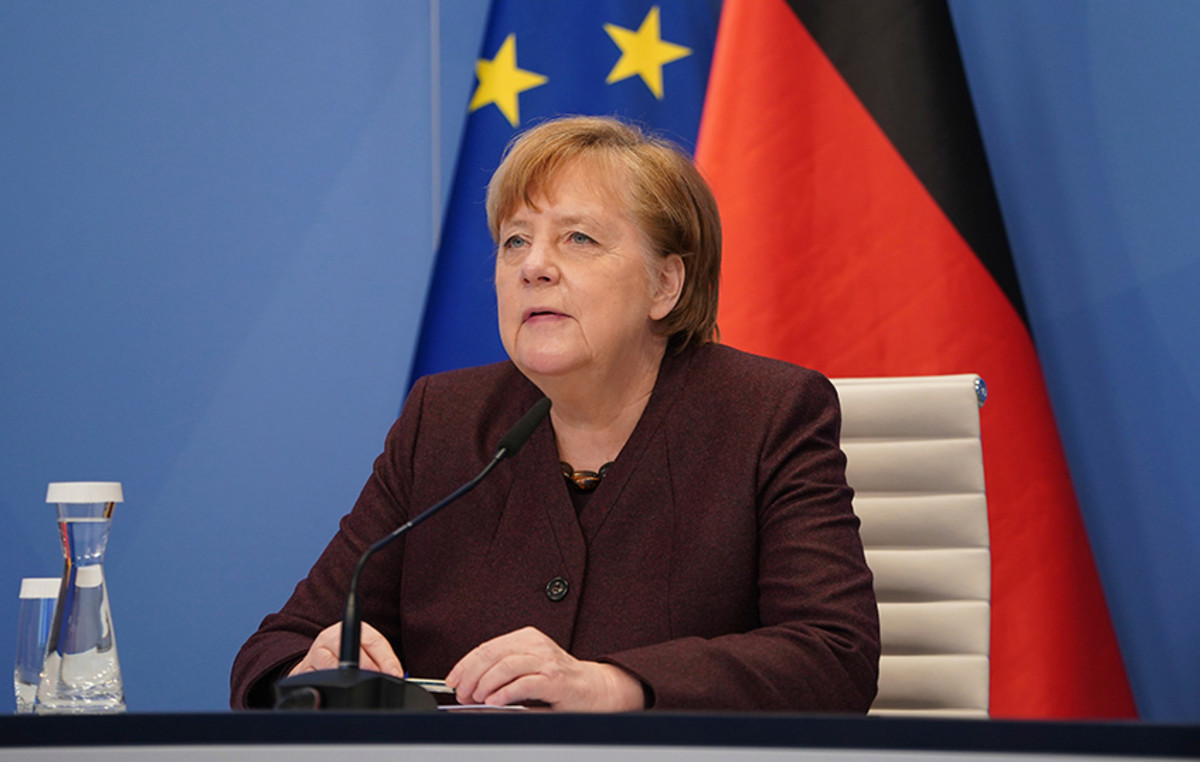O e-commerce has been gaining ground in Brazil in recent years, with foreign platforms driving online shopping in the country. Among the borderless platforms used by Brazilians, companies from Asia are featured. According to a study commissioned by Nuvei, a global payments platform, Asian merchants represent 51% in the so-called cross border (cross-border trade) in the country.
According to the survey, e-commerce in Brazil will grow at an annual rate of 20% in the coming years, jumping from US$ 211 billion in 2022 to US$ 400 billion in 2026. Today, the country represents more than 40% of total online sales volume in Latin America and is among the top 10 markets of interest for Asian retailers looking to expand internationally.
Specialists point out that the opening of borders with online commerce permeates negotiations that were only carried out between the West, as in the case of amazon one of the leading international companies in sales here in Brazil through its digital platform.
But the expansion of foreign online commerce is not always seen in a positive light, going through tax discussions and perfect competition, with a good part of traditional physical retail criticizing the performance of marketplaces. This is because a portion believes that shopkeepers of these online sales platforms should be responsible for collecting taxes.
“This is a discussion from several perspectives, as in fact there are already proposals being made for online platforms to be more responsible for collecting taxes, something they are currently not paying attention to, as they know that this hinders sales”, highlighted the lawyer. and economist Eduardo Fleury, partner at FCR Law.
“The taxation problem in marketplaces is worldwide. The European Union is already looking for solutions to give more responsibility to these companies that operate in the virtual environment, to be held accountable for the collection of taxes”, he added.
In Rio de Janeiro, the government was already studying the determination of norms that imposed responsibility on companies that virtually negotiate the payment of ICMS.
THE Law 8795, published in 2020 during the Witzel government, precisely determined the collection of ICMS in electronic operations for the provision of communication services or sales of digital goods and merchandise. After questioning, the Court of Justice of Rio considered the rule constitutional.
For Murilo Viana, a specialist in public finance, greater control over the collection of taxes is beneficial for tax collection and avoids tax evasion.
Changes
The search for legislation that meets the collection of taxes on imported purchases made over the internet is due to the increase in people purchasing products outside Brazil, as experts explain.
“In purchases up to US$ 50.00 or US$ 100.00, there is an exemption from the Import Tax. The user will see that most platforms use the rule of values up to US$ 100, but then another legal discussion arises as to whether it would be correct to exempt purchases that did not exceed US$ 50”, said Fleury.
According to Ordinance MF No. 156, of June 1999, goods that are part of an international postal shipment in the amount of up to US$ 50.00, or the equivalent in another currency, are exempt from Import Tax, provided that the sender and recipient are individuals. However, there is an interpretation in which the rule can be framed in the limit of up to US$ 100.00.
Eduardo Fleury argued that this rule made sense a few years ago, when the internet was still a prototype of what it could be and people didn’t buy much abroad.
“This limit existed even before the internet, which made sense, because international purchases represented a tiny part of the collection, people bought by phone, it was all very rudimentary when compared to today”, he pointed out.
“But now, with the optimization of the internet, purchases have increased exponentially, in addition to the inspection having also worsened, because one thing is to inspect 100 deliveries, another is to inspect thousands of shipments in a short period of time”, he added.
Expansion of marketplaces
Amid the growing demand for products purchased over the internet, companies operating in the main digital marketplaces are expanding the logistics corridor in Brazil.
“Companies that operate on digital platforms are greatly expanding their logistics corridor in the country, so that they can achieve faster deliveries and thus improve their business,” said Murilo Viana, a specialist in public finance.
The current net absorption rate, which is how much the market has rented from warehouses, reached the highest level in history in the first half of the year. In the first six months of this year, the sector has already earned around R$ 2.6 billion in rental contracts. In 2021, revenue was R$ 4.3 billion.
The data were released by SDS Properties, an associate of the Brazilian Logistics Association (Abralog) and by Fulwood – a developer of warehouses and logistics condominiums, which has been operating in the market for over 27 years.
“The pandemic has greatly boosted e-commerce in general, but now we see that it is here to stay, which ends up creating a dispute for space between the large networks”, declared economist and engineer Frederico Bussinger.
According to him, the expansion of logistics corridors in an articulated and efficient way facilitates trade and drives demand for products sold over the internet.
“This is a market disputed by Brazilian and foreign companies. Brazil is a very attractive market, one of the only countries in the world with large territories, populations and economies,” he said.
“The tax issue is crucial for the market, but I think that e-commerce taxation is not yet fully stabilized, we will see a lot ahead”, he added.
Source: CNN Brasil
Joe Jameson, a technology journalist with over 2 years of experience, writes for top online news websites. Specializing in the field of technology, Joe provides insights into the latest advancements in the industry. Currently, he contributes to covering the world stock market.







